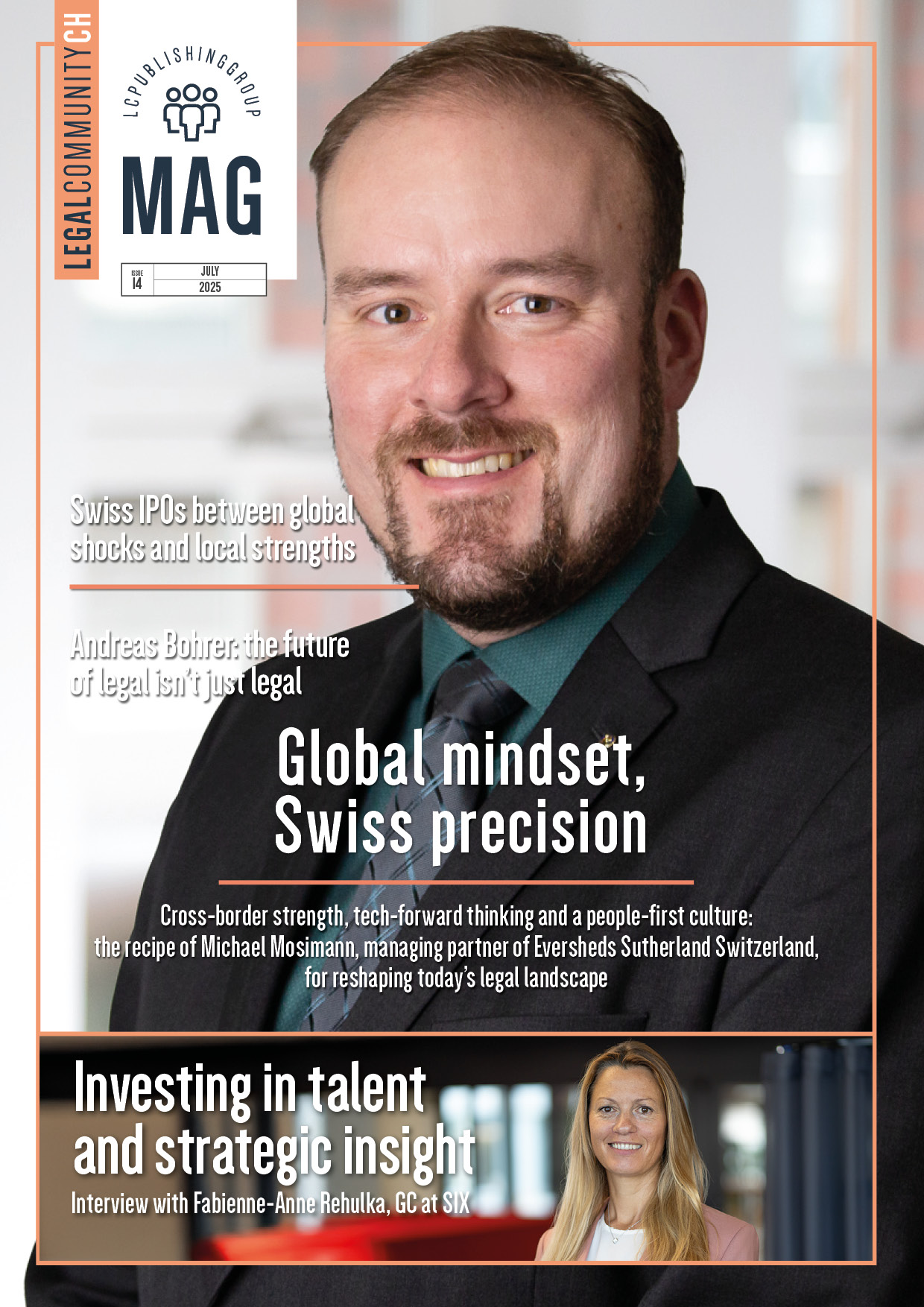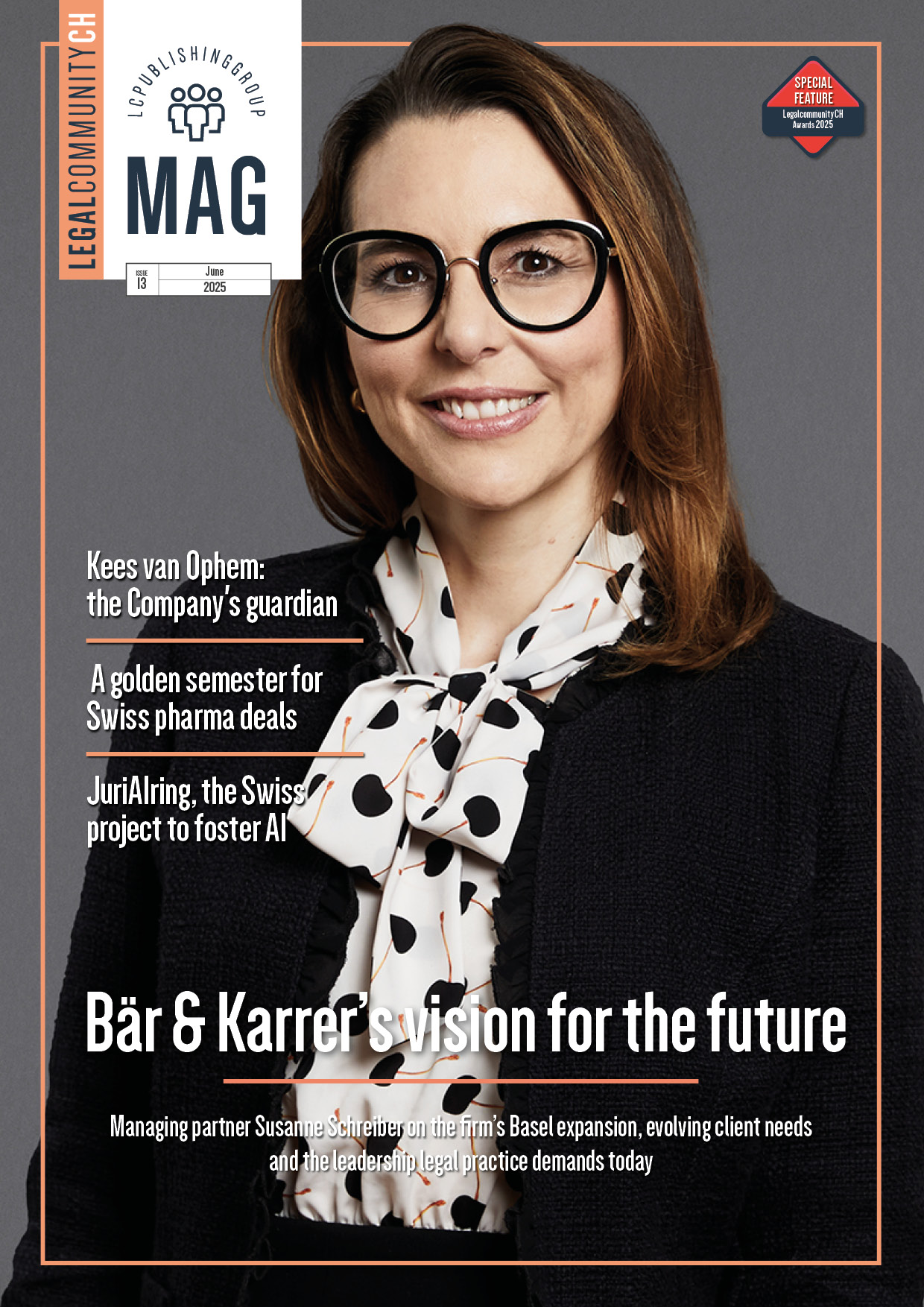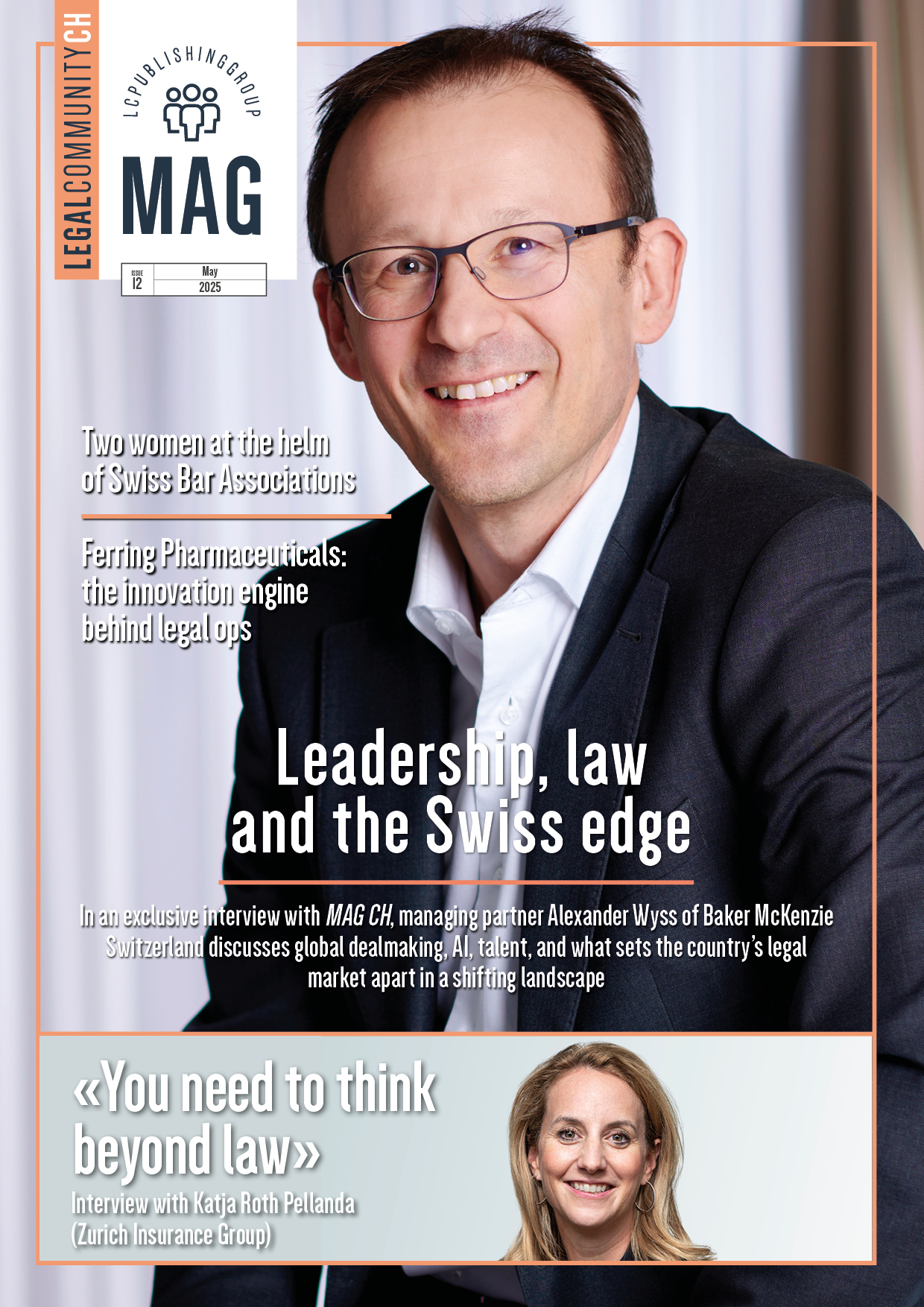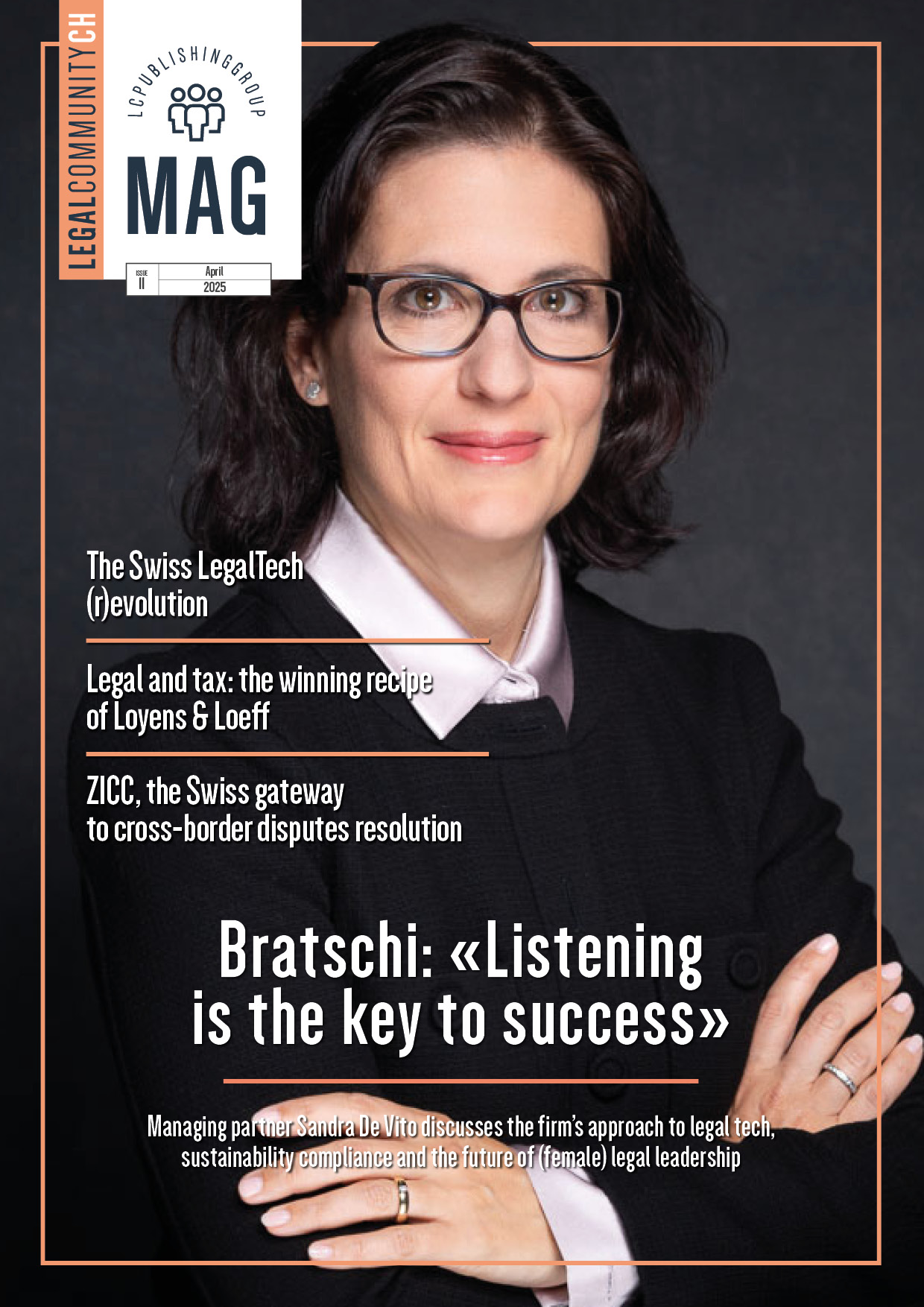The challenges of tech sector
by claudia la via
The technology sector is rapidly evolving and this poses significant legal challenges as the legal framework continues to evolve rapidly. Over the past few years, there has been an increase in regulation across various domains, including Gdpr, environmental standards, and technology itself.
Governments are perpetually playing catch-up, reflecting a shift where, just a couple of years ago, environmental regulations were less stringent but have now intensified significantly.
To gain deeper insights into how companies are navigating this changing landscape, MAG spoke with Guido Wennemer (pictured), in-house counsel from Acer. He shared about adapting to new legal frameworks, the role of legal teams in global companies, and the future impact of AI in legal practices.
“Compliance has evolved into a business of its own, with consultancy firms transforming into full-fledged companies dedicated to ensuring legal conformity. This has made it increasingly difficult to ensure compliance, necessitating a constant openness to change. One can no longer rely solely on established practices”, Wennemer said.
In such a hectic and innovation-driven sector as technology, how is a legal counsel role changing?
Our job now involves continuous learning and adaptation, engaging in discussions with peers, and consulting more frequently with numerous law firms and service providers. The demands from authorities such as environmental and data protection agencies have grown, as these bodies are consistently active in enforcing regulations.
What are the most challenging goals a general counsel has to face today, especially in your sector?
The role of in-house counsel has significantly evolved, expanding beyond the traditional focus on legal issues alone. Today, it’s essential to adopt a more general managing approach that includes not only navigating complex legal frameworks but also staying attuned to developments within the company, the industry, and society at large. This shift demands a robust set of general management skills and a deep interdisciplinary understanding. As legal advisors, we must manage the intricacies of compliance across different jurisdictions, adapting to new legal standards that influence data protection, environmental sustainability, and cross-border transactions. The challenge extends to keeping pace with regulatory changes, requiring a comprehensive grasp of both global and local legal environments. Moreover, the role now demands heightened people skills and an ability to view issues through a broader, more strategic lens. It’s no longer just about negotiating contracts; it’s about understanding industry dynamics, societal shifts, and integrating these perspectives into a cohesive strategy. Staying up-to-date on diverse subjects and maintaining interdisciplinary approaches is not just beneficial but crucial today.
Being part of a global company implies ‘global’ duties. How is it possible to ‘localize’ legal queries and still comply on a global scale?
Navigating the complexities of global compliance while addressing local legal requirements is indeed one of the most significant challenges for global companies. At Acer, our approach involves a delicate balance between enforcing global mandates and adapting to local legal environments. This requires a nuanced understanding of both global policies and the specific legal landscapes of each region we operate in.
To manage this effectively, we work closely with local legal teams, ensuring that our global strategies are not only implemented but also tailored to meet local regulations and cultural expectations. This dual focus is essential because a global crisis can rapidly transform into a local issue and vice versa. For instance, our operations in Emea, particularly in Switzerland, leverage the country’s unique position as a neutral entity to manage diverse legal and cultural perspectives from various European countries. Our headquarters near Zurich serves as a pivotal point for bridging these global and local operations. It allows us to integrate various languages, cultures, and legal frameworks seamlessly. Ultimately, successful navigation in this complex environment boils down to skilled people management and the ability to
foster trust within the company.
















